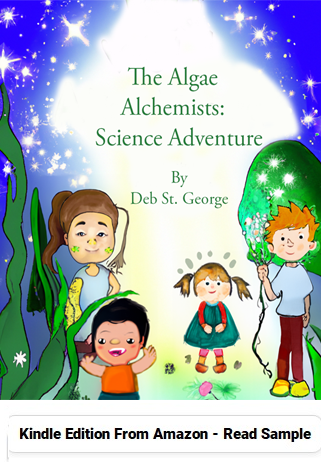Arsenic, is found in the soil where food is grown and arsenic is also found in drinking water. Arsenic is poisonous to humans. The ferns were found growing in a Florida lumber yard. It was amazing to discover that the ferns had been soaking up arsenic from the soil through their roots and was storing it in their fronds.
Bruce Ferguson, CEO of Edenspace, a Virginia-based company that now licenses the patent for the ferns and sells them commercially under the name edenfern. The fronds of Pteris vittata, or brake fern, can be clipped or the entire plant can be dug up and disposed of safely.
In the United States they are now using ferns in programs to remove arsenic from soil and drinking water. In Albuquerque, New Mexico, the ferns significantly decreased the level of arsenic in samples of the city drinking water. Some plants are able to live without soil, in the water. About 100 ferns were placed in trays up a staircase and then 450 gallons of water were pumped through the system daily. Scientists are genetically modifying these plants to remove environmental toxins. "Current methods to rid dirt of these poisons run about $1 million per acre-foot of earth (the volume of a foot-deep acre of soil). Using plants to do the same job, on the other hand, costs about $3,000." The ferns are now grown year round in Florida, and can be purchase online for $4.95 a piece, not including shipping.
A concentration of arsenic up to 15 to 20 times higher than the acceptable maximum has been found in drinking water in many countries, in Greece and Serbia and Montenegro, for instance says Branislav Petrusevski, Director of the UNESCO-IHE project. He pointed out that the maximum proposed by the World Health Organization (WHO) is 0.01 mg per litre, however, arsenic levels in groundwater in Bangladesh for example, are as high as 1.8 mg per litre, Petrusevski added. Recent medical research shows, moreover, that long term exposure to very low arsenic concentrations can cause cancer and have a variety of other adverse effect on human health," he continued.
These ferns can be grown outside the United States The ferns could be used in small communities in developing countries such as Bangladesh, which has problems with arsenic in drinking water.
Other solutions:
The company recently made the ferns available royalty free to parts of the developing world, according to Ferguson.
Edenspace, which specializes in a variety of plants to cleanup toxic substances, has twelve employees and reported $1.2 million in revenues last year.
Alternative Energy Related Articles
- Alternative Energy for the Home
- Alternative Energy from the Ocean
- Alternative Energy in Ireland
- An Alternative Energy Education Method
- An Energy Alternative: Free Energy
- Biofuels as Alternative Sources of Energy
- Consultants on Alternative Energy
- Developing Nuclear Power as Alternative Energy
- Ferns Remove Arsenic from Soil and Water
- Geothermal Power as Alternative Energy
- Greece Olive Oil Industry, Biofuel Targets and Quantum Dots
- High Resolution Remote-Sensing Satellite Launches
- How to Seek Grants for Alternative Energy R & D
- Investing in Alternative Energy Stocks
- Investment into Alternative Energy Research and Development
- Investments in Alternative Energy
- Jobs in Alternative Energy Fields
- Precision Ranching
- Pursuing Alternative Forms of Energy
- Remote Sensing Using LDIR
- Renewable Fuels for Alternative Energy
- Resources for Alternative Energy
- REVIEW: E-Vap Cap
- Solar Energy Collecting as an Alternative Energy Source
- Some Suppliers of Alternative Energy
- The Ways that the Military is Using Alternative Energy
- University Research into Alternative Energy
- What is Alternative Energy
- Wind Power as a Viable Solution to Meeting Alternative Energy Needs


